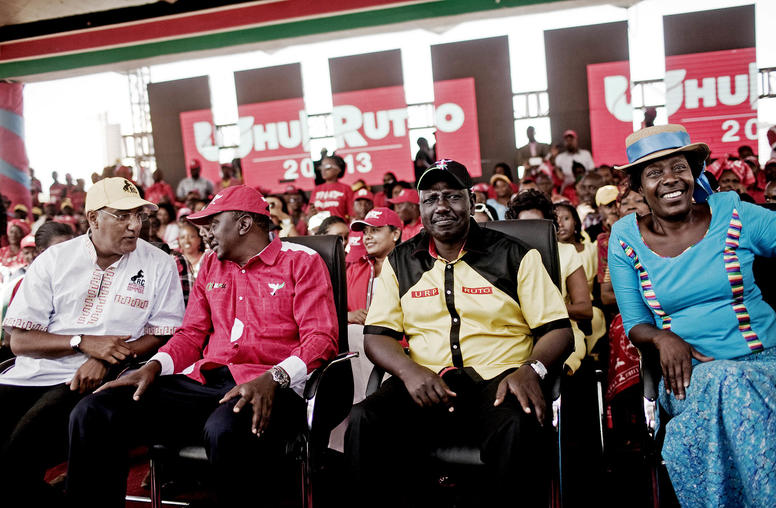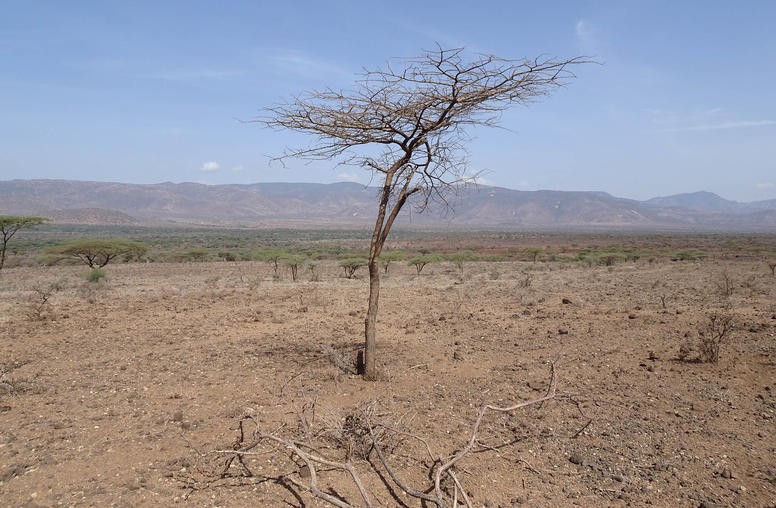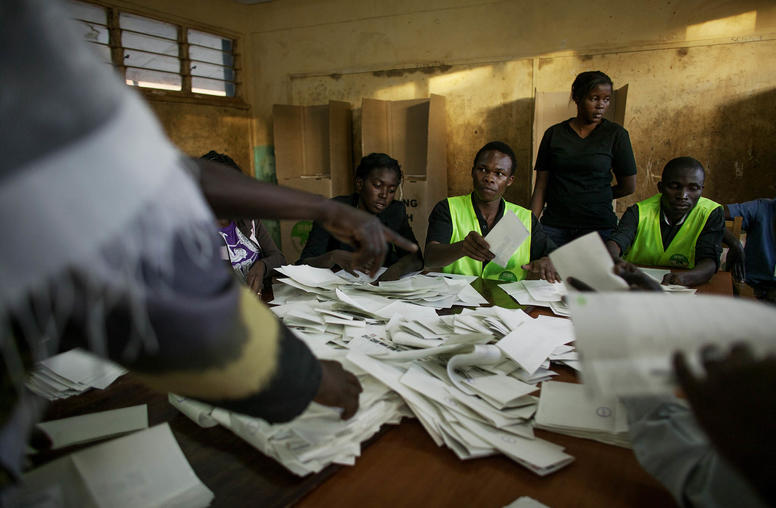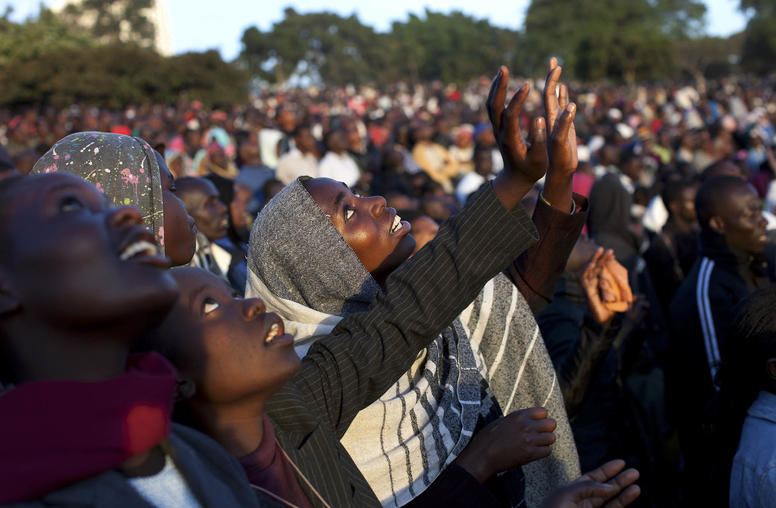Keeping Elections Peaceful
A Twitter Conversation on Effective Election Violence Prevention and Applied Research
Kenya, Liberia, Pakistan and the Democratic Republic of the Congo are scheduled to hold national elections in the next 24 months, and each has suffered various levels of election-related violence in the past. For election officials and civil society working towards peaceful elections in such countries, what are the most proven ways to prevent violence? The U.S. Institute of Peace held an online conversation via Twitter to discuss past and upcoming elections at risk of violence. Participants included the contributing authors of Electing Peace, a recent research volume that examines the effectiveness of common practices to prevent election violence.
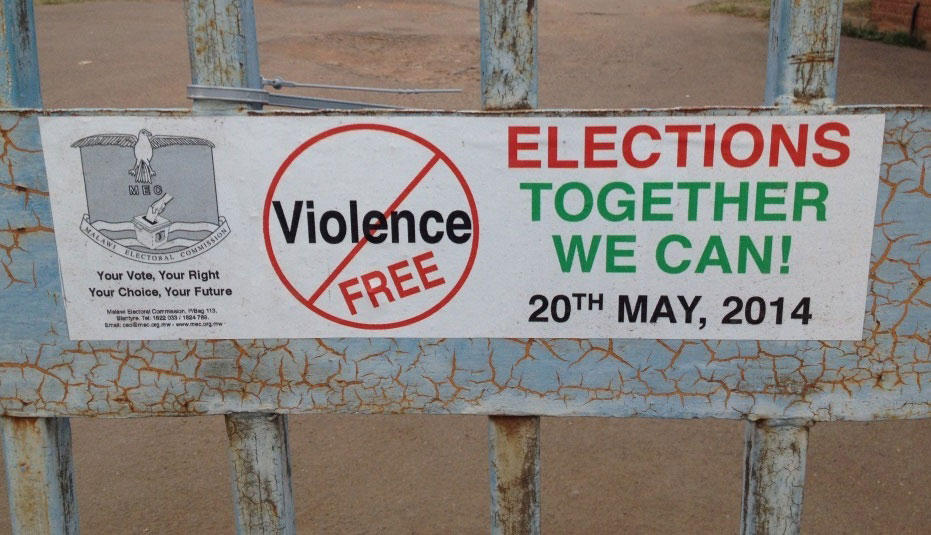
Do efforts to organize free and fair elections and programs to prevent election violence serve the same purpose? How could policymakers and practitioners prevent election violence more effectively? What do we know about what works, and what does not? USIP staff discussed these questions, and the findings of recent research, with election practitioners and election experts from around the world. The conversation preceded the public launch, in March, of Electing Peace, which can be ordered at the USIP bookstore.
This online-only conversation was held January 25, at 11:00am EST with the hashtag #ElectingPeace.
Speakers
Jonas Claes (@Belgian_in_DC)
Senior Program Officer for Preventing Election Violence, U.S. Institute of Peace
Elizabeth Murray (@murrayem)
Senior Program Officer for the Middle East and Africa, U.S. Institute of Peace
Geoffrey Macdonald (@geoffreymacdon)
Postdoctoral Fellow, International Republican Institute
Dominik Tolksdorf (@Dtolksdorf)
Program Director for Foreign and Security Policy, Heinrich Boell Foundation North America
